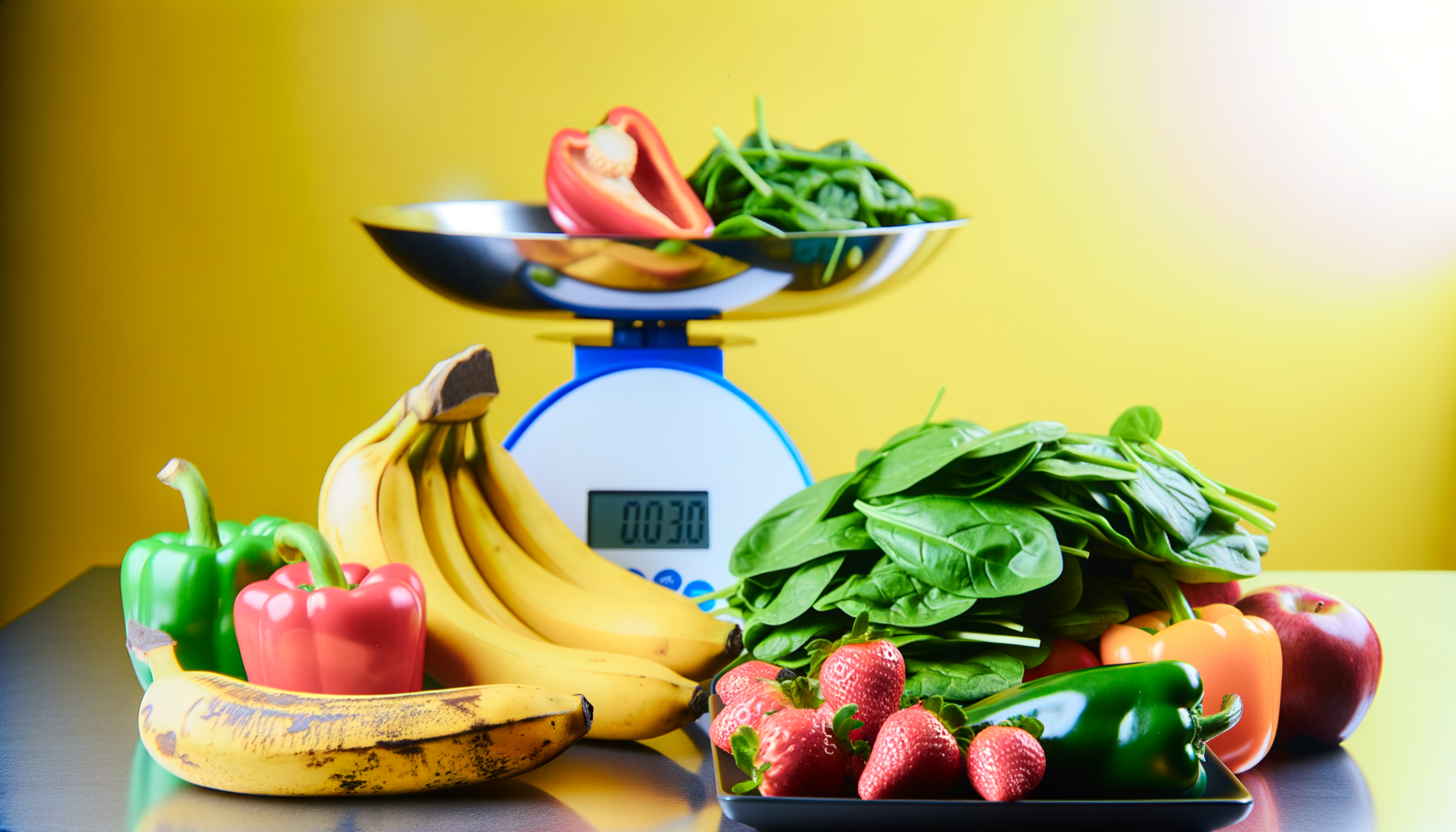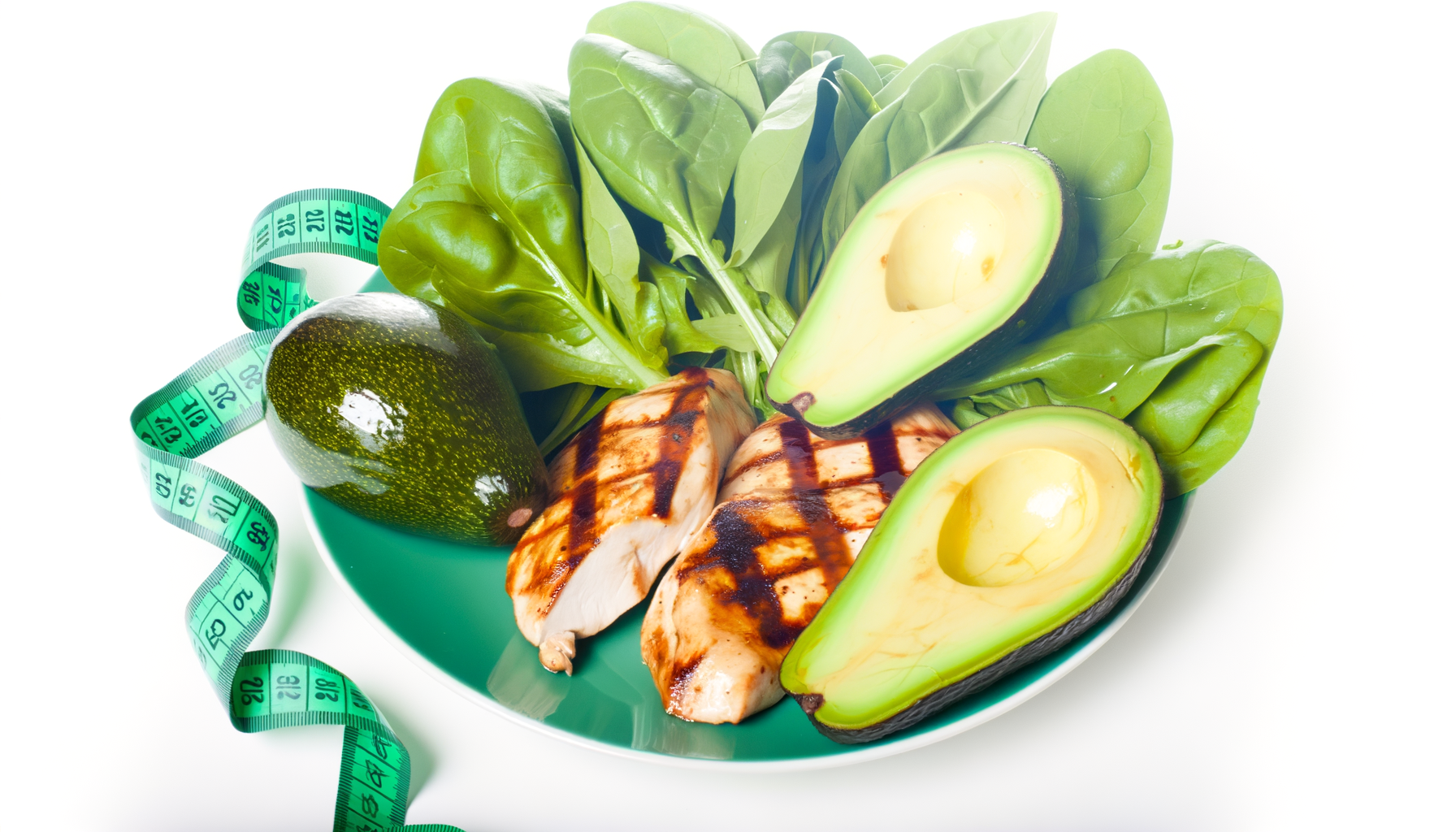Optimizing Muscle Recovery with WP Calorie Calculator Pro
The Science of Muscle Recovery: How Calorie Tracking Can Make a Difference
When it comes to optimizing muscle recovery, understanding the intricacies of nutrition and calorie tracking is crucial. Muscle recovery is a complex process that involves the repair and rebuilding of muscle tissue after physical activity, and it is heavily influenced by the nutrients and calories you consume. In this article, we will explore how the WP Calorie Calculator Pro can be a valuable tool in enhancing your recovery nutrition.
The Role of Calories in Muscle Recovery
Calories are the foundation of the muscle recovery process. According to the NASM Blog, energy balance is essential for optimal recovery, and this involves matching your caloric intake with your training and activity requirements.
Energy availability (EA) is a critical concept here. EA is the difference between energy intake and energy expenditure, and maintaining a positive energy balance is vital for muscle recovery. A low energy availability can lead to adverse effects on health, performance, and recovery.
Macronutrient Balance for Optimal Recovery
Macronutrients—carbohydrates, proteins, and fats—are essential for muscle recovery. Here’s how each macronutrient contributes:
Carbohydrates
Carbohydrates are the primary energy source for moderate to high-intensity activities. Consuming the right amount of carbohydrates post-workout helps in glycogen restoration, which is crucial for muscle recovery. The general guideline is to consume 1 gram of carbohydrates per kilogram of body weight for four hours post-exercise to replenish energy stores.
Proteins
Protein is vital for muscle repair and muscle protein synthesis. Aim to consume 1.6 to 2.0 grams of protein per kilogram of body weight daily, spread out over several meals. This helps in stimulating muscle protein synthesis and facilitating repair.
Fats
Healthy fats support hormone production and overall wellness. They also help in minimizing inflammation, which is beneficial for muscle recovery. Foods rich in omega-3 fatty acids, such as fatty fish, are particularly beneficial.
Timing of Nutrient Intake
The timing of your meals is also crucial for muscle recovery. Consuming a balanced meal with carbohydrates and protein within 30-60 minutes after your workout can significantly enhance the recovery process. This strategic timing helps in replenishing energy stores and promoting muscle protein synthesis.
Utilizing WP Calorie Calculator Pro for Personalized Nutrition
Technology can be a powerful ally in your calorie tracking journey. The WP Calorie Calculator Pro is designed to help you accurately track your caloric intake and ensure you are meeting your nutritional needs.
User-Friendly Interface
The WP Calorie Calculator Pro features a user-friendly interface that makes it easy to input your data and receive personalized recommendations. This tool integrates with wearable devices and fitness apps, allowing for real-time tracking and adjustments. For example, if you use a Fitbit to track your daily activity, the WP Calorie Calculator Pro can integrate this data to provide more accurate calorie and macronutrient recommendations.
Macronutrient Balancing
The Pro version of the calculator also calculates macronutrients, including carbohydrates, proteins, and fats. This feature helps you balance your diet to meet your specific fitness goals and activity levels. By ensuring you are consuming the right balance of macronutrients, you can enhance your recovery process and support overall muscle health.
Real-World Examples and Case Studies
Several studies and real-world examples highlight the importance of calorie tracking for muscle recovery. For instance, athletes who combine calorie counting with progressive resistance training and strategic caloric surplus often see significant improvements in muscle growth and recovery. Research emphasizes the role of nutrition in stimulating muscle recovery, underscoring the need for optimal consumption of energy, nutrients, and liquids.
Additional Nutritional Strategies for Enhanced Recovery
Antioxidant-Rich Foods
Consuming antioxidant-rich foods and beverages can reduce oxidative stress, cellular damage, and inflammation caused by exercise. Foods like tart cherry juice, pomegranate juice, and watermelon are rich in antioxidants and have been shown to facilitate muscle recovery and mitigate delayed-onset muscle soreness (DOMS).
Omega-3 Fatty Acids
Fatty fish like sardines, salmon, and trout are excellent sources of omega-3 fatty acids, which help reduce DOMS, fight inflammation, and boost muscle growth.
Other Nutrients
Other nutrients such as zinc, vitamin D, and calcium are also crucial for muscle repair and overall health. Zinc-rich foods can help speed up wound healing and tissue repair, while vitamin D and calcium are essential for bone health.
Flexibility and Adaptability in Calorie Tracking
Calorie tracking is not a one-size-fits-all approach. It requires flexibility and adaptability to be effective.
Allow for Treats
Including occasional indulgences can help maintain a balanced relationship with food. This flexibility is essential for long-term adherence to your calorie tracking plan.
Adjust as Needed
Your calorie requirements may change based on your activity level, stress, and weight variations. Be prepared to adjust your calorie targets accordingly. If you have unique dietary needs or find it challenging to track your calories, consulting a qualified dietitian or nutritionist can provide specialized advice.
Conclusion and Next Steps
Calorie tracking is a powerful tool for enhancing muscle recovery. By understanding the importance of energy balance, macronutrient balance, and timing of nutrient intake, you can optimize your recovery process. Tools like the WP Calorie Calculator Pro can help you navigate this process effectively.
If you are serious about improving your muscle recovery, consider exploring the WP Calorie Calculator Plans to find the best fit for your needs. With the right approach to calorie tracking, you can achieve better muscle growth, faster recovery, and overall improved fitness outcomes.
Remember, staying flexible and adaptable in your calorie tracking plan is key to long-term success. By combining the insights from this article with the capabilities of the WP Calorie Calculator Pro, you can take your fitness journey to the next level. Start optimizing your recovery nutrition today and see the difference it can make in your overall fitness and well-being.











